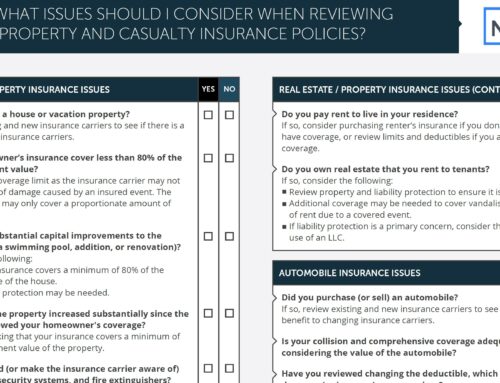FAFSA Changes
The Free Application for Federal Student Aid (FAFSA) is undergoing a major revision for the 2024-2025 and future school years. The FAFSA Changes are the biggest overhaul in over forty years. The revisions have also pushed back the FAFSA availability date. Normally, the FAFSA goes live on October 1. Right now the Department of Education has indicated it will go live in December. This article looks at what’s changing and the winners and losers from this sweeping overhaul.
What’s changing?
- The form is significantly shorter – 36 questions instead of 100 questions
- Expanded Pell Grant eligibility
- The new term Student Aid Index (SAI) replaces the Expected Family Contribution (EFC)
- The SAI can now be negative (down to -$1500)
- Improved Financial Data Direct Exchange – importing of tax information directly from the IRS
- Consent to use Federal Tax data is REQUIRED now to qualify for federal student aid
Who is helped by the changes?
- Low-income students will have access to more resources
- Child support is now treated as an asset versus income – this lowers assessment to ~5% versus up to ~50% previously
- Veterans receiving VA disability and other untaxed benefits. Previously you had to add back in this non-taxed income. It will no longer be included in the formula.
- People with other untaxed income (workman’s comp, etc)
- People who contribute to pre-tax workplace retirement plans (Traditional TSP, 401K, and 403B)
- Parents with multiple children each having their own 529 plan; only the student applying for aid’s 529 balance is used
Who might be negatively impacted by the changes?
- Families with multiple students in college at the same time; Each student will an SAI unlike previously when the EFC was split between the number of students in college
- For divorced families, the parent that provides the most financial support to the student will now be the primary parent filling out the FAFSA. This used to be whomever had predominance of custody
- Small business owners – Small business assets used to be excluded for businesses with under 100 employees. All small business assets will now be assessed.
Do you have a high school student prepping for college? Are you interested in what these changes could mean for you and your family?
Setup a call (link) and let’s talk about how we can help you plan for how you will pay for college.
If you liked this article, check out this one about splitting the GI Bill




